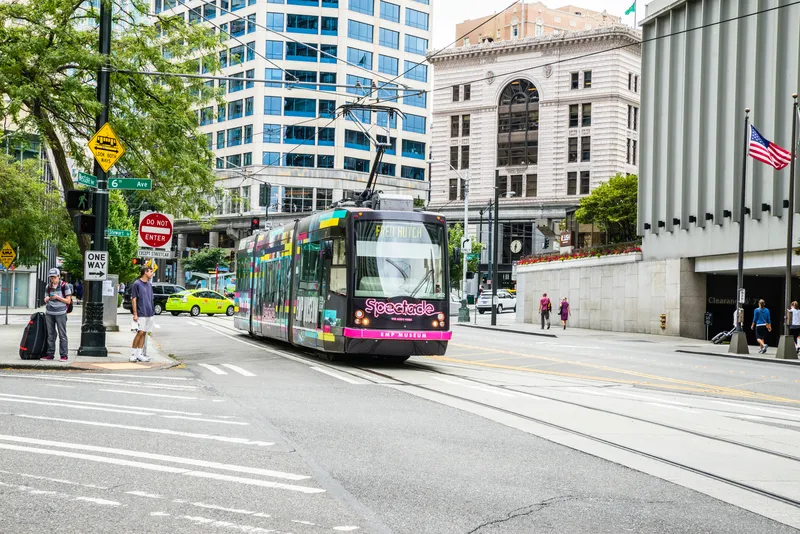Bay Area Rapid Transit (
The BART Trip Planner was developed in collaboration with HaCon – whose software processes transit data from more than 30 operators including buses, trains, ferries and cable cars.
BART says the app takes walking, cycling and car routes and the state of traffic into account to give users a realistic comparison of their commute.
BART is utilising HaCon’s HIM tool to send real-time alerts on station closures, bus replacement services, station or trip-related messages.
Commuters can use the app to access train load information and choose less crowded trains. Also,
Going forward. The partnership intends to broaden the capabilities of the app by offering more transportation modes, such as ride-sharing and bike-sharing.
BART launches multi-modal trip planner app in San Francisco
Bay Area Rapid Transit (BART) has launched a trip planner app in San Francisco to provide commuters with access to various transportation modes and information on service disruptions.
The BART Trip Planner was developed in collaboration with HaCon – whose software processes transit data from more than 30 operators including buses, trains, ferries and cable cars.
BART says the app takes walking, cycling and car routes and the state of traffic into account to give users a realistic comparison of their commu
January 22, 2019
Read time: 2 mins










